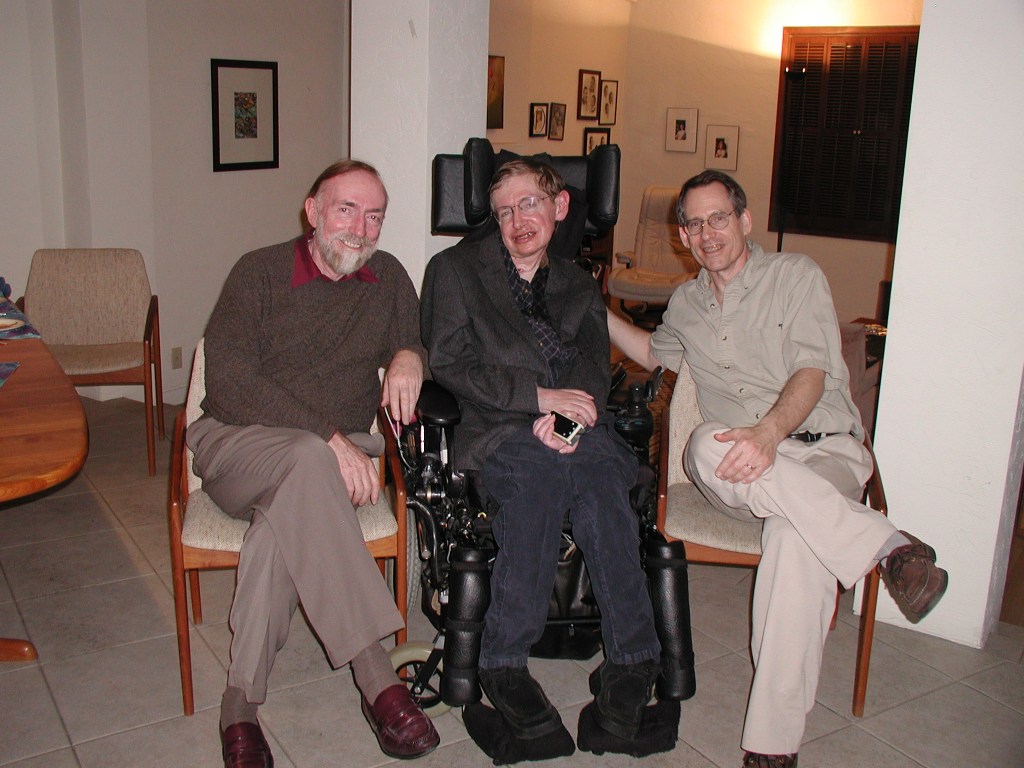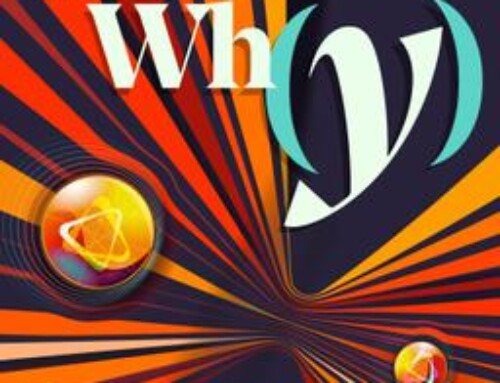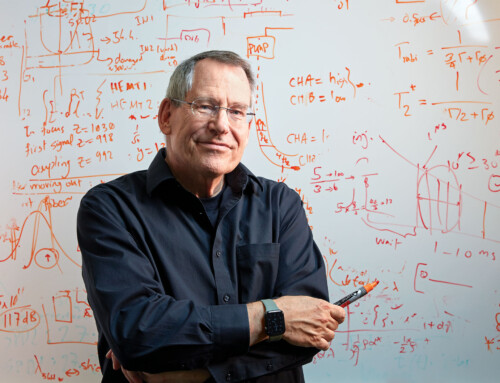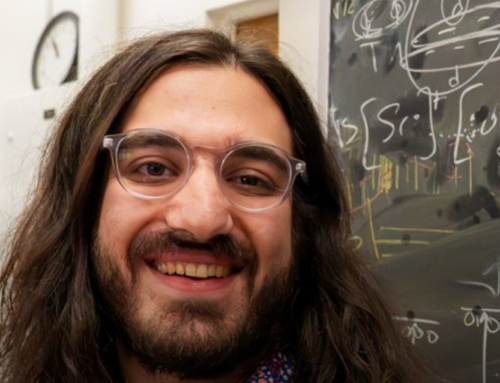The official announcement won’t come until tomorrow, but The New York Times is reporting that Stephen Hawking will receive a “special” $3M Prize from Yuri Milner’s Fundamental Physics Prize Foundation.
This is fantastic news! I assume the Prize recognizes Stephen’s great discovery that black holes radiate, one of the most transformative developments in theoretical physics during my lifetime. That’s just one of Stephen’s many important contributions. And of course his supreme skill as a popularizer and the unparalleled courage he displays in response to his disability have made him the most famous living scientist in the world. Congratulations, Stephen!
Stephen has a long-standing relationship with Caltech. He spent a sabbatical year here during 1974-75, when he wrote his famous paper formulating the black hole information paradox, and he has made more or less annual extended visits to Caltech since the 1990s. Stephen and I had many memorable discussions about black holes over the years, culminating when he conceded a bet, for which I received far more attention than I deserved. I’ve been proud to be Stephen’s friend for the past 30 years, and we’ve shared a lot of laughter.

With Kip Thorne and Stephen Hawking, 2005.
During his visit last year we celebrated Stephen’s 70th birthday, which I regarded as a perfect occasion for a poem recognizing his amazing achievements. Having set a precedent yesterday by celebrating Jeff Kimble’s Walther Prize with a poem, I thought that Stephen’s Prize should be celebrated in like fashion:
On Stephen Hawking’s 70th Birthday
Tonight we’ve been talking
About Stephen Hawking.
My good friend
Explained how time can end.
And clued us in
On how time can begin.
Always droll,
He spoke about a hole:
“Now, wait a minute, Jack,
A black hole ain’t so black!”
Those immortal words he said,
Which millions now have duly read,
Hit physics like a ton of bricks.
Well, that’s how Stephen gets his kicks.
Always grinning through his glasses,
He’s brought science to the masses,
Displayed a rare capacity
For humor and audacity.
And that’s why, on this special day,
With relish we can gladly say:
“Thanks, Stephen, for the things you’ve done.
And most of all, thanks for the fun!”
And though there’s more to say, my friend,
This poem, too, must, sadly, end.



